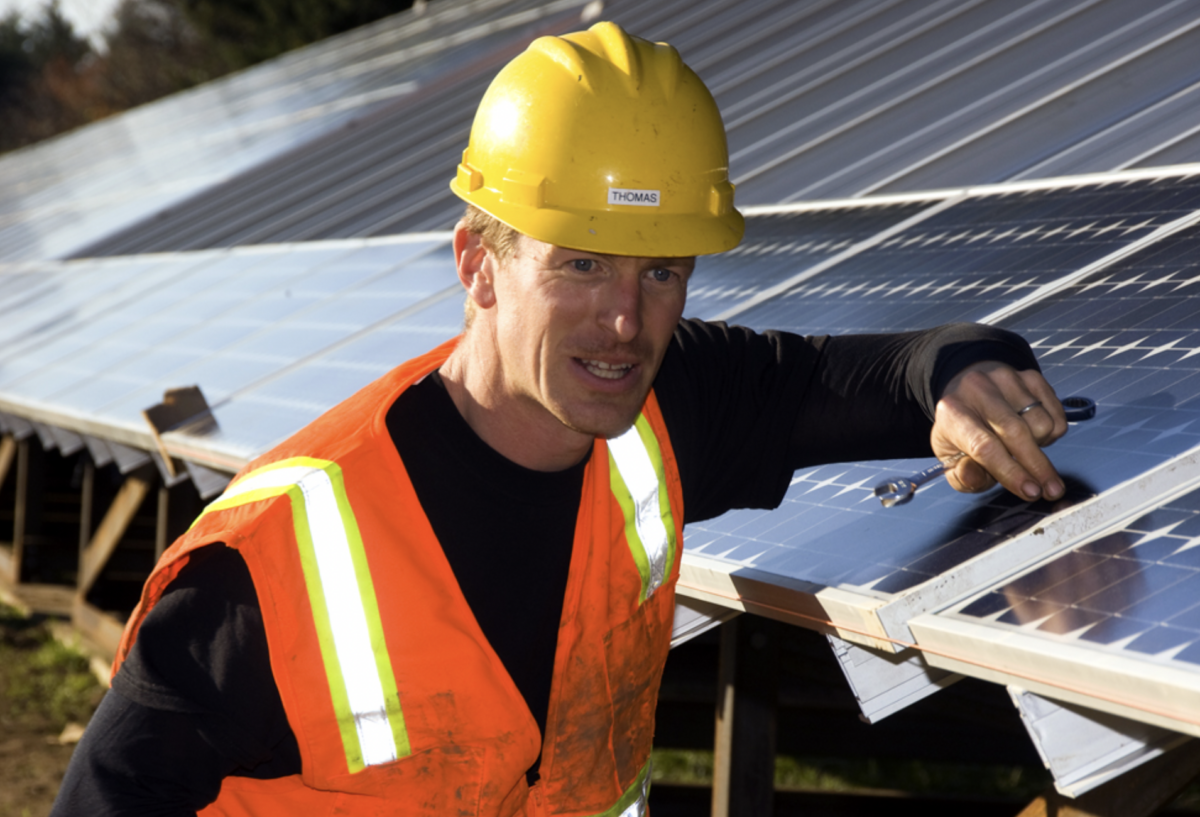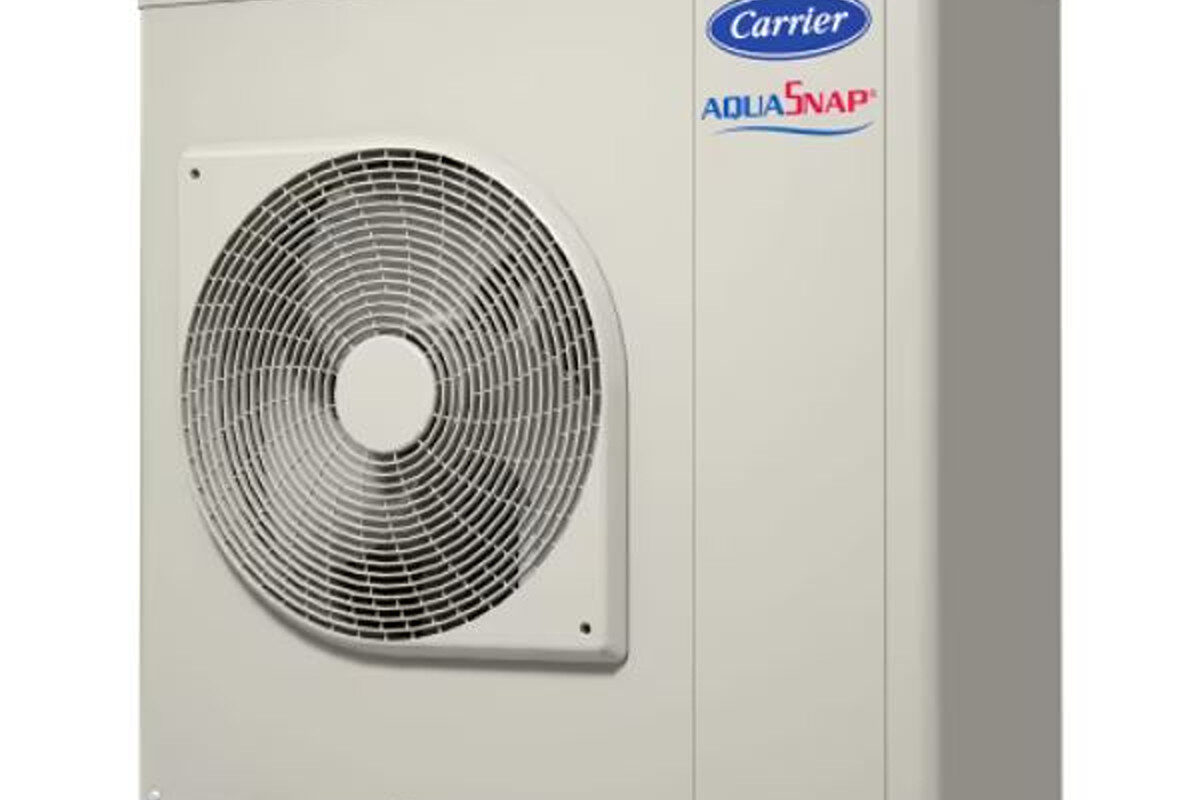From pv magazine USA
New polling data from Politico shows that critical swing voting states in the upcoming US presidential election overwhelmingly support solar and other clean energy technologies.
Following the introduction of major industrial policies such as the US Inflation Reduction Act (IRA), the CHIPS Act, and the Bipartisan Infrastructure Law, manufacturing jobs are returning to the United States. Swing states like Arizona, Georgia, Pennsylvania, Nevada, and North Carolina are home to 48% of the announced projects.
Many of these manufacturing facilities, the billions of investment into swing state communities, and the tens of thousands of jobs created, may be under threat under a change of presidential administration.
The Trump administration said it would “terminate Kamala Harris’s green new scam and rescind all of the unspent funds.”
Even under a scenario in which Republicans both the House of Representatives and the Senate and elect Trump, analysts say that it is unlikely the IRA of 2022 will be fully repealed. The disproportionate investment in historically Republican states is likely to influence elected conservatives to fight to sustain core elements of IRA and its clean energy incentives. However, the Trump administration may opt for a “surgical” approach, cutting key funding to battery and electric vehicle manufacturing, offshore wind, and other emissions-free technologies.
Pennsylvania
Since President Joe Biden took office, more than $2.4 billion in solar investment has taken place in Pennsylvania. Over 1.5 GW of solar has come online, tripling the 2020 cumulative capacity.
A poll from Global Strategy Group shows that 78% of Pennsylvanians support increasing the use of clean energy and the wave of new solar jobs is putting additional pressure on elected officials.
Clean energy industries employ eight times more Pennsylvanians than the state’s gas industry, according to a 2024 USEER Report.
Arizona
In the battleground state of Arizona, solar is the most popular source of electricity, according to polling from the Solar Energy Industries Association (SEIA). More than 80% of respondents said they believe solar is good for the state’s economy.
About and 70% of polled Arizonans said solar can help, “replace many of the manufacturing and blue-collar jobs that the country has lost over the last few decades.” And 95% of polled Arizonans believe that we need to develop new manufacturing industries in the United States, making this a strong bipartisan priority throughout the state.
Arizona’s economy has transitioned from one focused on construction and real estate to a more sustainable and robust economy supported by clean energy and tech manufacturing.
Nextracker and Atkore expanded their tracker factory in the Phoenix area, KORE Power is investing in a battery manufacturing plant in Buckeye, and Amphenol Industrial opened a new facility for solar junction boxes in Mesa earlier this year.
Nevada
SEIA reported that the vast majority (81%) of Nevadans agree that their utility should get more of its power from solar. Nearly three-quarters of Nevada voters support utility-scale solar projects in their communities and 80% of respondents said solar is good for the state’s economy.
When polled about a hypothetical match-up between a Democrat who supports pro-solar policies and a Republican who opposes them, the Democrat leads by 26 points – a 22-point boost over the generic ballot, said SEIA. Among Republican voters, a Republican who supports solar power has a 25-point advantage over a Republican who opposes these policies.
Across party lines, it is clear that US voters support solar and clean energy manufacturing. Nearly nine in 10 (87%) of polled US voters support federal clean energy tax credits in the IRA, including 78% of Trump voters.
This content is protected by copyright and may not be reused. If you want to cooperate with us and would like to reuse some of our content, please contact: editors@pv-magazine.com.




By submitting this form you agree to pv magazine using your data for the purposes of publishing your comment.
Your personal data will only be disclosed or otherwise transmitted to third parties for the purposes of spam filtering or if this is necessary for technical maintenance of the website. Any other transfer to third parties will not take place unless this is justified on the basis of applicable data protection regulations or if pv magazine is legally obliged to do so.
You may revoke this consent at any time with effect for the future, in which case your personal data will be deleted immediately. Otherwise, your data will be deleted if pv magazine has processed your request or the purpose of data storage is fulfilled.
Further information on data privacy can be found in our Data Protection Policy.